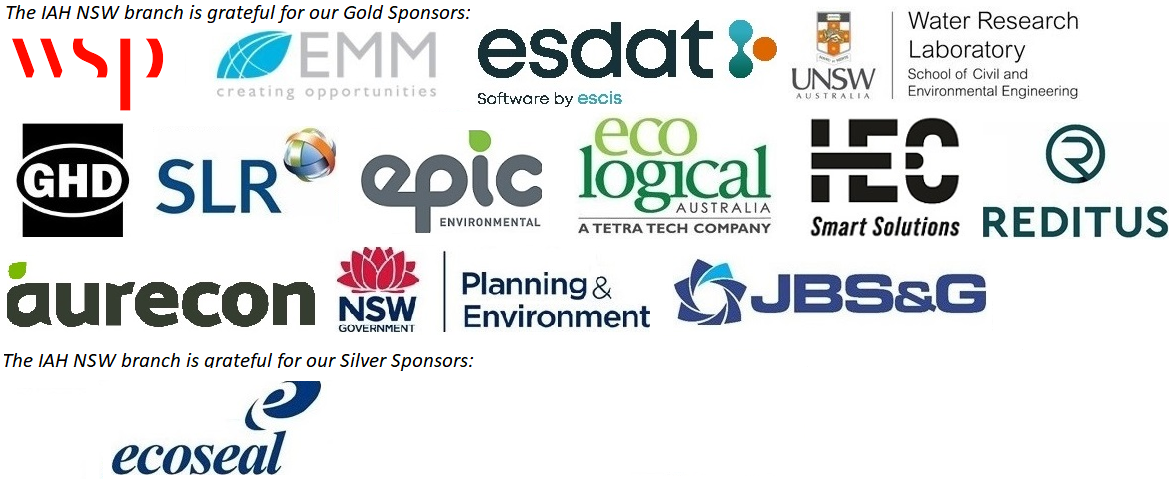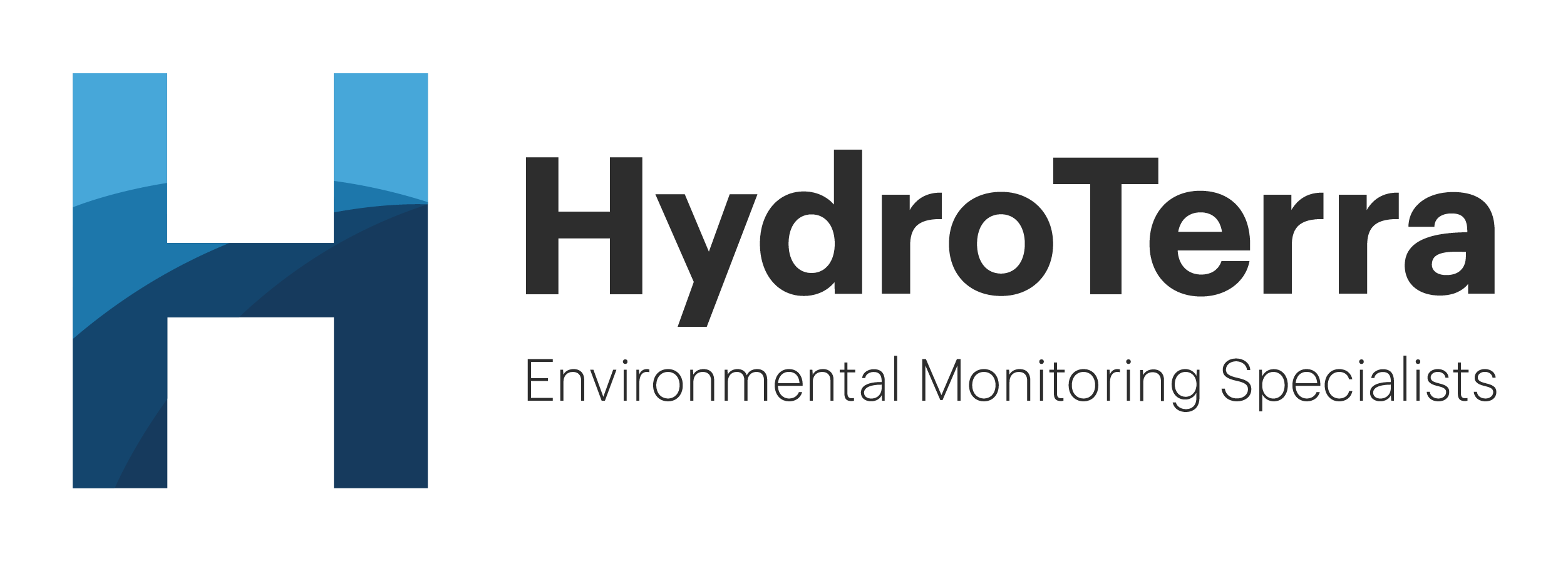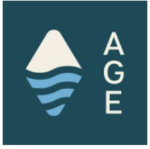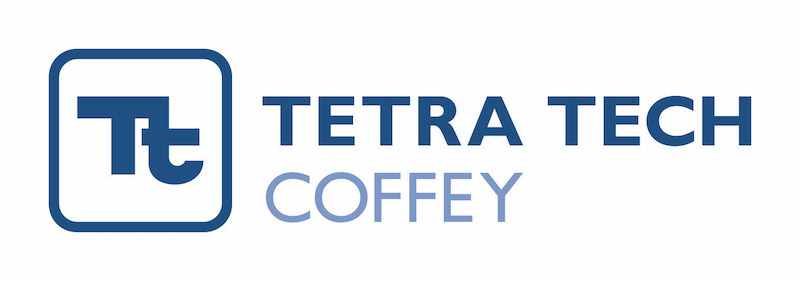Its that time of year again, time for our IAH student night first, IAH NSW are pleased to be offering up back-to-back technical presentations featuring two of our exceptional Student members, including Salman Sharifazari, and Christina Song. This event will be held online and face to face for those wishing to attend in person. Please see below for the presenters Abstract and Bio.
NSW Technical Talks will remain open to anyone with an interest in groundwater topics and lessons delivered by eminent and inspiring hydrogeologists. If you are currently a non-member we encourage you to support the IAH NSW Chapter by visiting: https://www.iah.org.au/become-a-member.
Date and Time: Tuesday October 10, 5.30 pm for a 6pm start
Venue: WSP office Level 27, 680 George Street, Sydney
Late arrivals call David for access 0407 222 519
Online: Microsoft Teams
Presenter: Salman Sharifazari
Title: Resolving temporal scale differences between paleoclimate reconstructions and a groundwater model for recharge estimation
Abstract: Most oceanic islands rely on limited freshwater sources stored within a thin groundwater lens floating on top of denser saline groundwater. The size of the fresh groundwater lens is partly a function of rainfall recharge, which is the sole source of fresh water to replenish the lens. The longer-term variability of rainfall recharge, and hence the size of the freshwater resource, cannot be fully quantified from the available short-term hydroclimate data. Paleoclimate records, especially annually resolved tree-ring data, can provide useful information about past hydroclimate to address this limitation. However, since the temporal resolution of these paleoclimate records are annual, it is difficult to use them to inform on recharge which occurs on much shorter time-scales (~daily). Here, we use a non-parametric stochastic framework to disaggregate annual hydroclimate data to a daily resolution over the observational period. We then apply the framework to the paleoclimate variables from tree-ring data to obtain climate reconstruction and estimate groundwater recharge variability at a daily scale for a longer period. The estimated daily recharge over the last centuries obtained from regional and remote tree-ring proxies are finally used to investigate the variability of freshwater in the groundwater lens. We demonstrate the method by introducing the obtained log-term daily recharge series as an input to a calibrated density dependent groundwater model for Rottnest Island, Western Australia.
Bio: Salman commenced his PhD studies at WRL/WRC, UNSW, in October 2020. His PhD project aims to improve understanding of the impact of climate change on water resources for small oceanic islands in the Indian Ocean, including Rottnest Island. Salman has 5 years of academic experience as a lecturer back in Iran. He also worked for 4 years in the water industry, working on projects covering a range of disciplines, including hydrology, hydrogeology, irrigation networks, and water infrastructure projects.
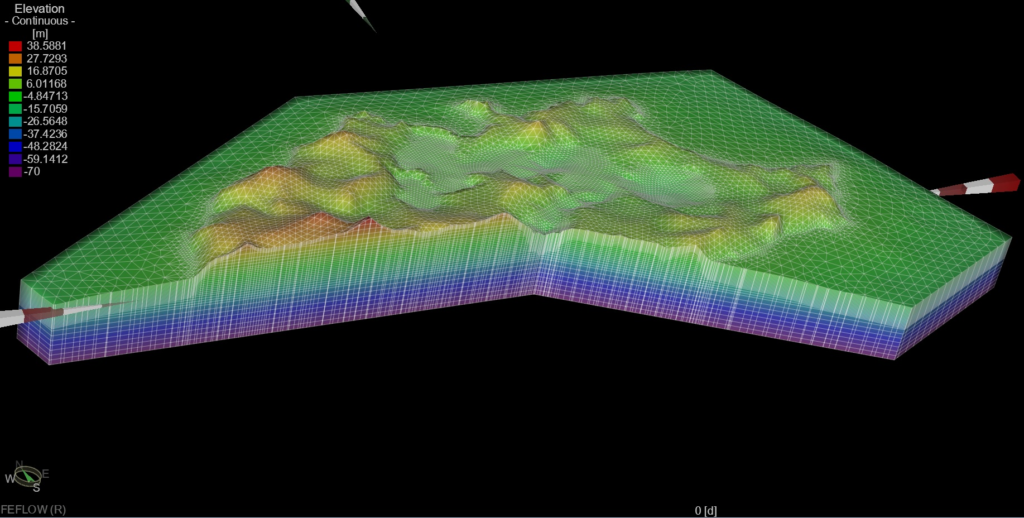
Presenter: Christina Song
Title: Quantification of Rainfall Recharge Events and Recharge Response After Fire at Wildman’s Cave
Abstract: Understanding the relationship between climatic variables and fire regimes on recharge events would greatly benefit the future management of groundwater resources. This paper aims to understand and observe the relationship between climatic variables, rainfall, and fire regime in relation to groundwater recharge. A 3-year dataset was used to quantify rainfall-recharged values for both pre- and post-fire periods, resulting in the identification of a total of 30 recharge events. Following the experimental fire that was conducted in May 2016, recharge events were observed to have decreased in number. This decrease is suspected to be caused by the structural change of soil, resulting from hydrophobic ashes and fire-altered surficial coverage. Post-fire low rainfall threshold values are found to be caused by fire-induced fractures.
Bio: Christina Song is a 4th year Earth Science student at the University of New South Wales. She is currently doing an honour year using Pb isotope signature for geochemical fingerprinting. She is interested in hydrogeology and water resources.

